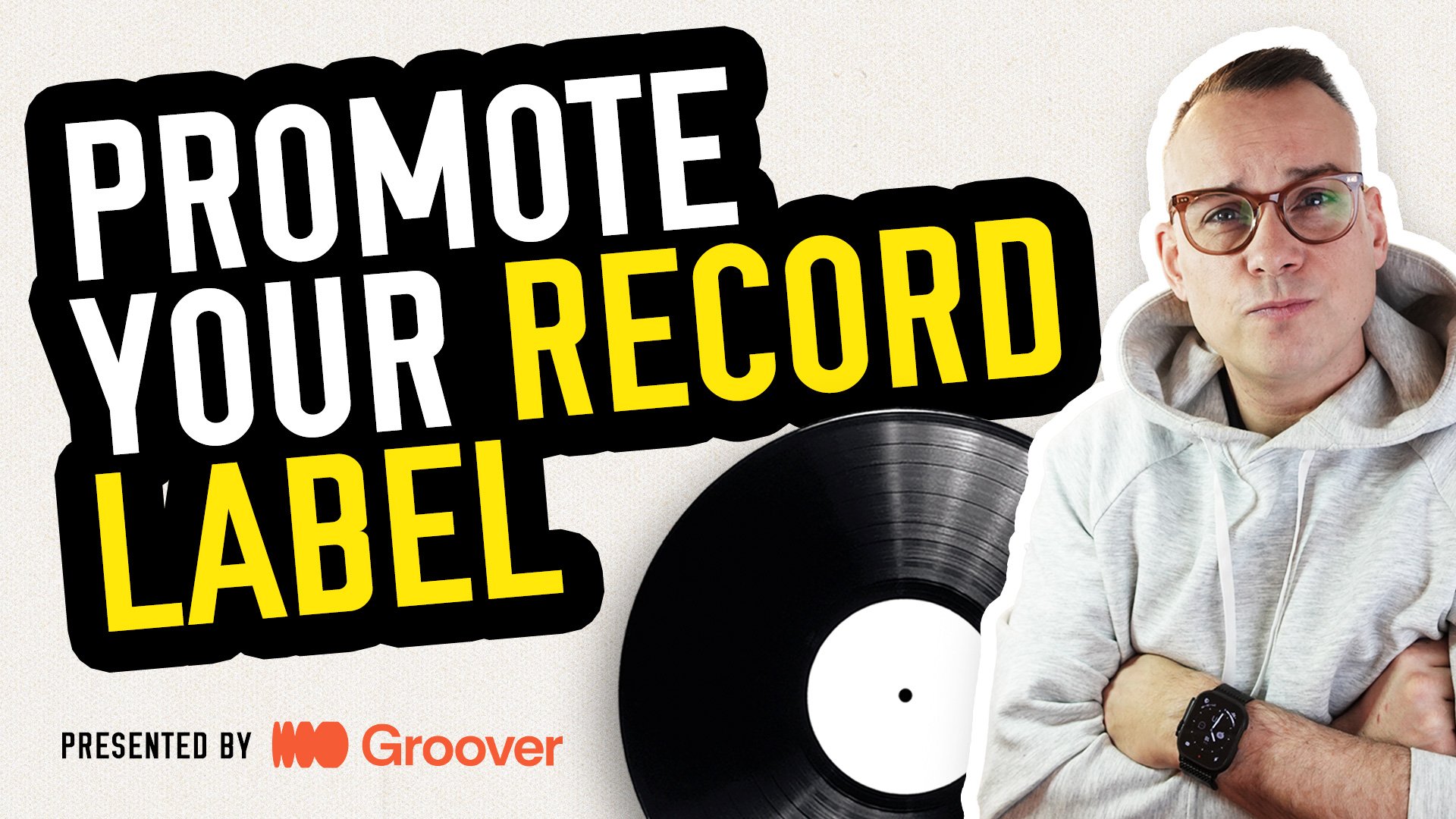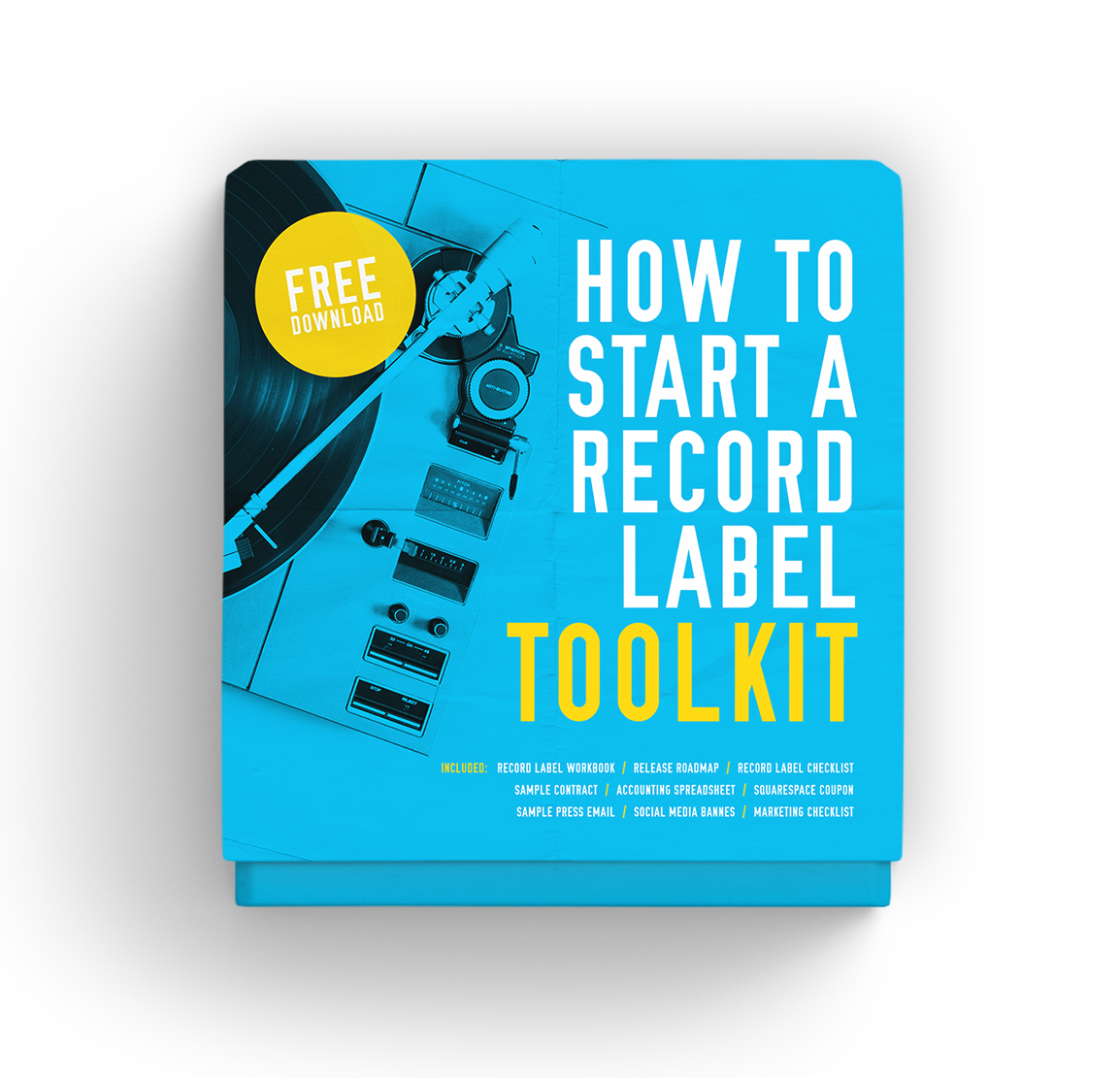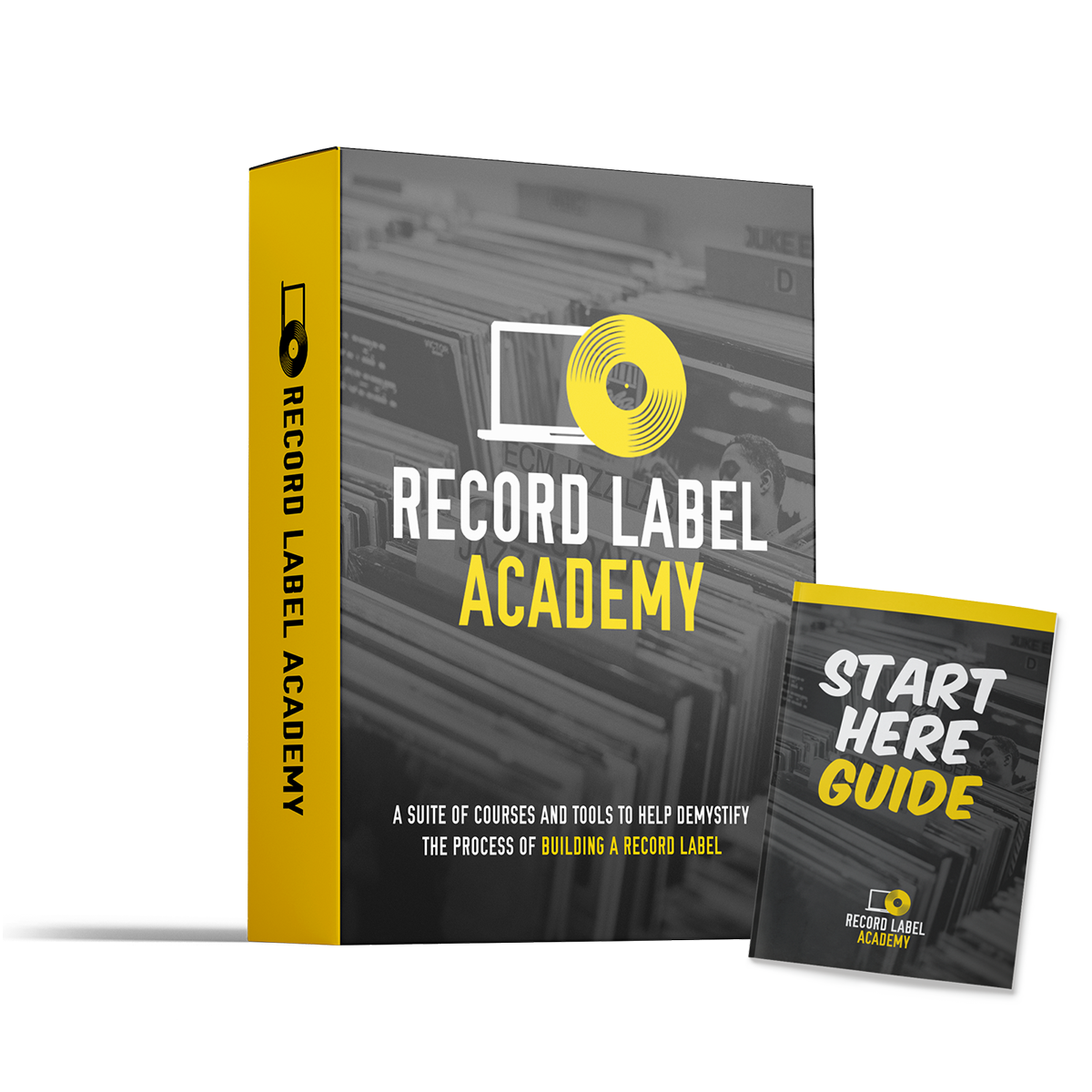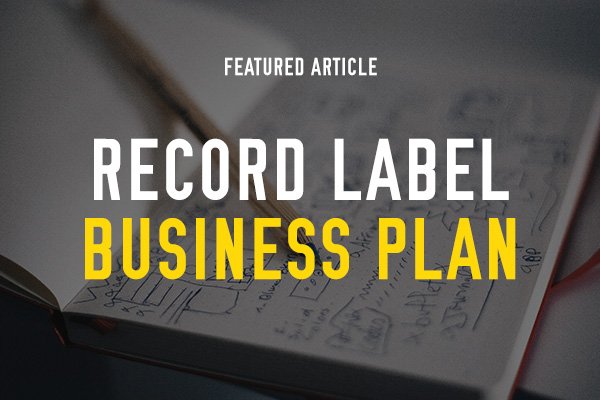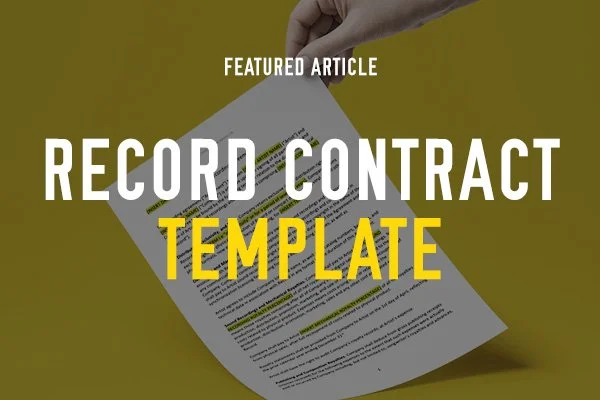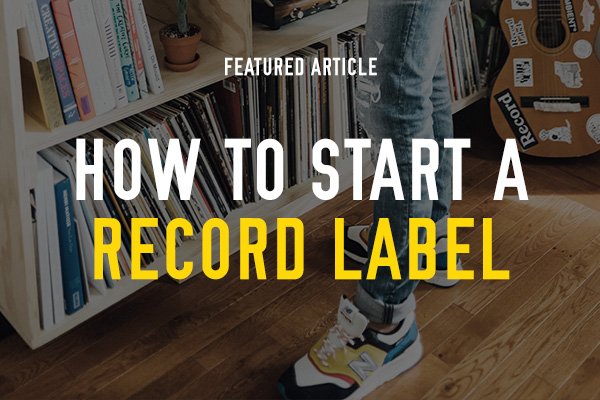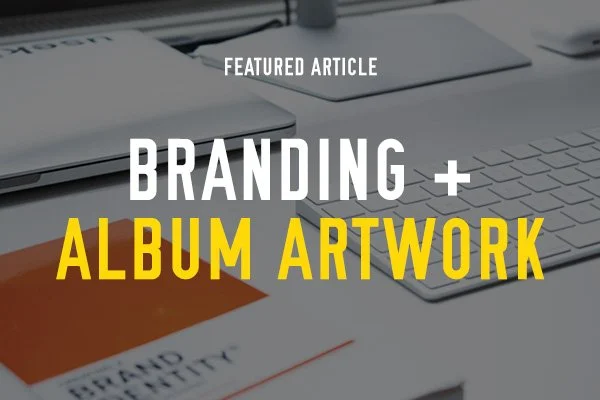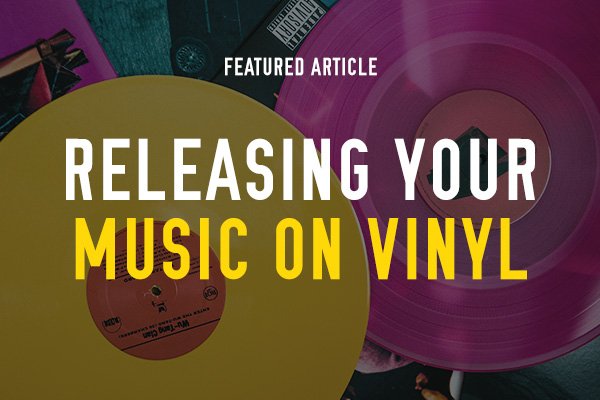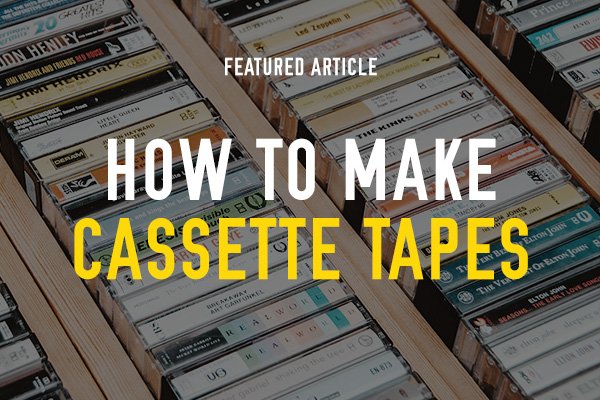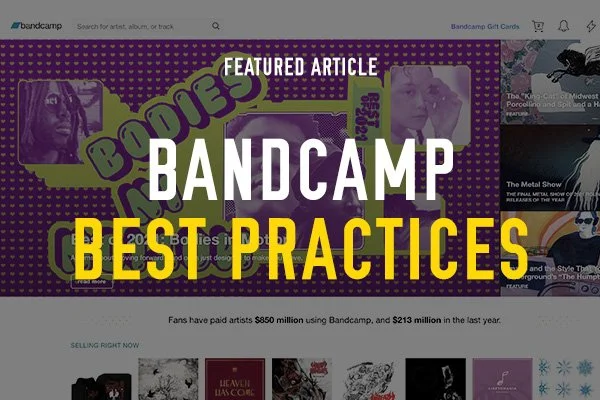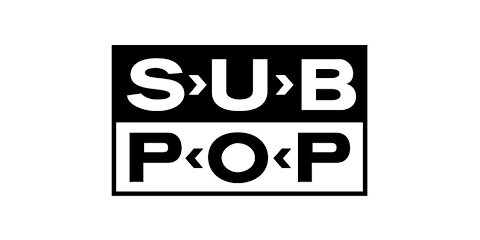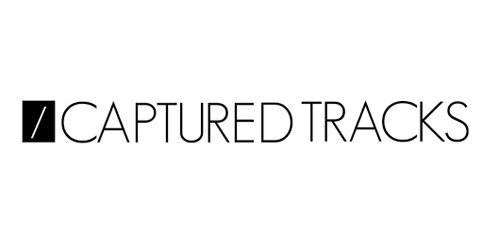
How to Promote
Your Record Label’s Brand
5 Tips to Building a Label Brand vs. Promoting Releases

A record label’s job is to promote music—to tell the world about great artists and their releases. In many ways, a label serves as a bridge between artists and fans, advocating for both parties.
However, promoting an artist, song, or album is only part of a label’s responsibility. The label itself must also be promoted as a brand.
Many discussions focus on promoting releases, getting music on playlists, and securing gigs, but little is said about building a record label’s brand recognition.
So, how do you promote your record label? How do you transition from being an unknown entity to a recognizable brand like Blue Note, Sub Pop, or Epitaph? This article explores five essential strategies to help you establish and grow your record label’s brand identity.
1. Build a Strong Brand Identity
One of the most powerful ways to promote your record label is to create a strong, consistent brand identity. This is how fans recognize your label at a glance and associate it with a certain sound, aesthetic, or experience.
Key Elements of a Strong Brand Identity:
Visual Consistency: Labels like Blue Note, Deutsche Grammophon, and Paper Bag Records use consistent design elements such as a logo on the cover, hype stickers, or obistrips that make their releases instantly recognizable in record stores.
Sonic Identity: Labels such as Daptone, Erased Tapes, and Skyline Records have a recognizable sound, making every new release familiar to their audience.
Unique Packaging: Trouble in Mind Records became known for their affordable pricing, while Full Plate includes extra bonuses in their physical releases, enhancing the fan experience.
By maintaining consistency across album artwork, sonic style, and packaging, your label can create a brand identity that resonates with music fans.
2. Showcase Your Catalog
A strong catalog is one of the most valuable promotional tools for a record label. Rather than just promoting individual releases, emphasize the strength of your full catalog to establish your label’s reputation.
Strategies for Showcasing Your Catalog:
Curate a Bandcamp Page: A well-organized Bandcamp page displaying all of your releases visually reinforces your brand’s depth and musical direction.
Leverage Playlists: Create curated playlists featuring your label’s releases to introduce new fans to your catalog.
Emphasize Legacy: As your label grows, highlight your most successful or influential releases. Sub Pop’s branding as the home of indie rock in the 2000s or Jagjaguwar’s association with Bon Iver are prime examples.
A substantial catalog also attracts music supervisors and sync agents looking for a particular sound, making it a key promotional asset for licensing opportunities.
3. Community Over Content
While social media is an important marketing tool, focusing on community building has a more significant long-term impact. Your label should prioritize fostering a community rather than just creating promotional content.
Ways to Build Community:
Host Events: Organize listening parties, house shows, or meetups to bring music lovers together.
Support Local Artists: Attend and promote shows in your area, even if the artists aren’t signed to your label.
Facilitate Online Engagement: Regular Zoom meetings with your roster, like Analogue Trash Records, create a strong bond between artists and fans.
Collaborate & Cross-Promote: Work with other indie labels, brands, and music organizations. Joint compilations, co-hosted events, or podcast appearances can introduce your label to new audiences.
Fostering a real sense of community will make fans more invested in your label beyond just the music you release.
4. Own Your Genre
One of the most effective ways to promote your label is to become a leader in your niche. Instead of just marketing your label, focus on promoting the genre or scene it represents.
Strategies to Position Your Label as a Genre Authority:
Create a Community Platform: Instead of just talking about your releases, build an online space around your genre. For example, a Facebook group for indie ambient music or a blog dedicated to modern bluegrass could establish your label as a thought leader.
Curate Genre-Focused Content: Labels like Lo’ihi Records, which focuses on indigenous ambient music from Hawaii, gain recognition by being champions of their specific sound.
Host Educational Content: Share insights, interviews, and behind-the-scenes content related to your genre to attract a broader audience.
By becoming a respected voice in your genre, you naturally position your label as a go-to source for fans and artists alike.
5. Think Beyond Digital
Digital marketing is super competitive—it’s nearly impossible to get people to stop scrolling for your posts. But this competitive nature is exactly what makes non-digital marketing less competitive.
Think Outside the Digital Space:
Stand Out in Record Stores: 100,000 songs are uploaded to Spotify daily, but how many labels have a dedicated display or poster in their local record store? Very few.
Go Beyond Emails & Tweets: Every label sends out digital messages, but how many pick up the phone and call their fans? How many send postcards or letters to past buyers about new releases? Hardly any.
Create Memorable Experiences: The book Unreasonable Hospitality tells a story about Eleven Madison Park, a New York restaurant that went out of its way to surprise guests with a unique, personal touch. What could your label do that goes beyond expectations?
Ask yourself: what would be an “unreasonable” way for your record label to promote itself? Social media, Bandcamp, and playlists are reasonable strategies. But what could you do that breaks the mold? Sending personal thank-you notes? Including unexpected freebies in orders? Launching a street team for in-person outreach?

Free Guide to Running a Record Label.
WATCH THIS EPISODE
and my other videos on our YouTube Channel


RECORD LABEL
ACADEMY
The Complete A to Z of Building and Growing an Independent Record Label.

RECORD LABEL
ACADEMY
Instant Lifetime Access to all our courses, books, and templates!
-
How to Start a Record Label (Online Course)
Record Label Marketing Strategies (Online Course)
Record Label Decision Tool (Online Course)
Profitable Record Label (Online Course)
All 10 Micro Courses
All 8 Micro eBooks
How to Start a Record Label (eBook)
Record Label Marketing Strategies (eBook)
Tons of bonus templates and extra resources
BEST VALUE
*
BEST VALUE *
RECORD LABEL
ACADEMY
Instant Lifetime Access to all our courses, books, and templates!
-
How to Start a Record Label (Online Course)
Record Label Marketing Strategies (Online Course)
Record Label Decision Tool (Online Course)
Profitable Record Label (Online Course)
All 10 Micro Courses
All 8 Micro eBooks
How to Start a Record Label (eBook)
Record Label Marketing Strategies (eBook)
Tons of bonus templates and extra resources

Helpful Articles for Record Labels
-
10 Steps to Planning Your New Release
50 Reasons Why You Should Start a Record Label
How Fans Can Support Record Labels
How Many Releases Per Year is Ideal?
How to Register Your Record Label
How to Submit Your Music to Record Labels
How to UNSTUCK your record label
Leveraging the Power of Lead Time
Record Store Day
Social Media Strategies & Solutions
Social Media Strategies & Solutions
The 4 Attributes of a Great Record Label
Why Artists Need a Record Label
Why Do We Release Music on Fridays?
How to Make a Business Plan
Record Contract Template
How to Start a Record Label
Branding & Album Artwork
Releasing Music on Vinyl
Music Publishing for Labels
How to Make Cassette Tapes
Bandcamp Best Practices
Other Record Labels Podcast
Featuring interviews with…








